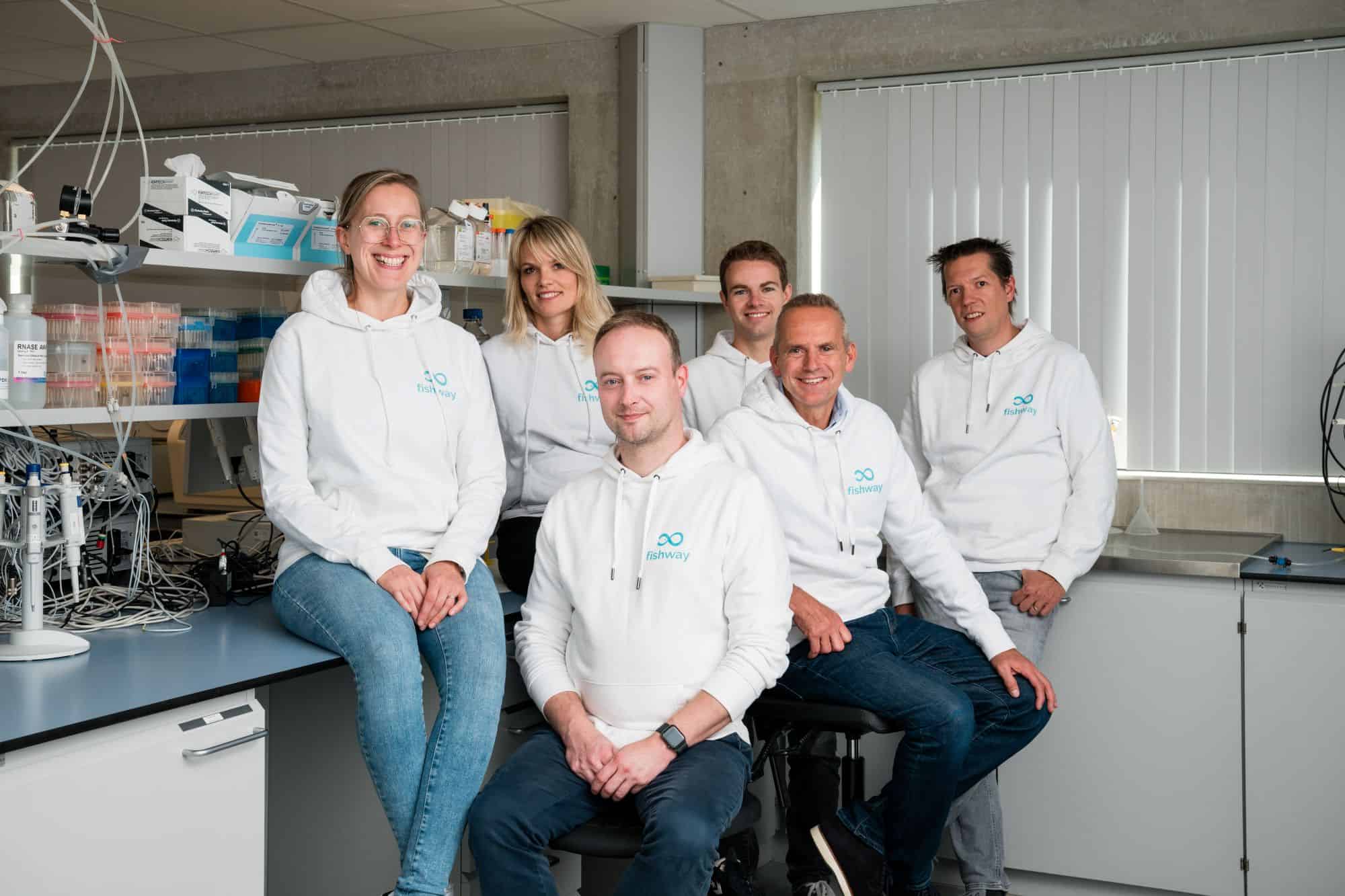Two new studies conducted by the EIT Food Consumer Observatory have highlighted the actions the food industry must take to achieve widespread adoption of cultivated meat and other alternative proteins in Europe.
The studies are called Reimagining Protein: Consumer Perceptions of Cultivated Meat and More than Meat: Unpacking Cultural Perceptions of Meat and Sustainable Alternatives in Europe. Both suggest that there is currently a disconnect between what consumers are looking for and the way they perceive meat alternatives.
The Reimagining Protein report finds that cultivated meat must be carefully positioned within the cultural context. Widespread acceptance will hinge on reshaping public perceptions of both cultivated and conventional meat; the latter is currently seen as “natural, familiar, and unproblematic” by most consumers.
“Cultivated meat challenges traditional ideas of food and nature”
As a result, manufacturers will need to build consumer trust in the safety, healthiness, and environmental benefits of cultivated meat, while increasing awareness of the health and environmental impacts of conventional meat.
“To successfully introduce cultivated meat into European markets, manufacturers must first understand how consumers perceive it — what excites them, what concerns them, and what values guide their food choices,” said Sofia Kuhn, Director of Public Insights and Engagement at EIT Food. “Cultivated meat challenges traditional ideas of food and nature, and reactions can vary widely across cultures and demographics. Without this insight, even the most sustainable or innovative products risk rejection.”

“Grounding innovation in a cultural context”
The More than Meat study is described as the first of its kind, using semiotic analysis, anthropology, and qualitative research to map out the deeper cultural meaning of meat consumption and production across 17 countries. The report finds that meat often represents tradition, identity, and community, while alternatives are perceived as artificial and disconnected from natural processes.
Brands therefore need to emphasise the wholesomeness, healthiness, and transparency of meat alternatives, countering the idea that these products are highly processed. Meat-free options should also be positioned as indulgent rather than a compromise, and brands should use inclusive,”non-preachy” language.
For cultivated meat, marketing should not focus too heavily on the technology — instead, products should be positioned as a “mindful innovation” embedded in community and ethics. These strategies could help to bridge the “curiosity–scepticism gap”, making sustainable proteins a desirable, everyday choice.
“Understanding the role of culture in the perception of meat across Europe is not just insightful — it’s essential,” said Klaus G. Grunert, Professor of Marketing at Aarhus University and Lead of the Consumer Observatory. “Dietary choices are deeply embedded in tradition, identity, and social norms, which vary widely between regions. If we want sustainable meat alternatives to resonate with diverse European consumers, we must first grasp what meat means to them. By grounding innovation in a cultural context, we can support a shift that is not only sustainable, but accepted and embraced by consumers across Europe.”




